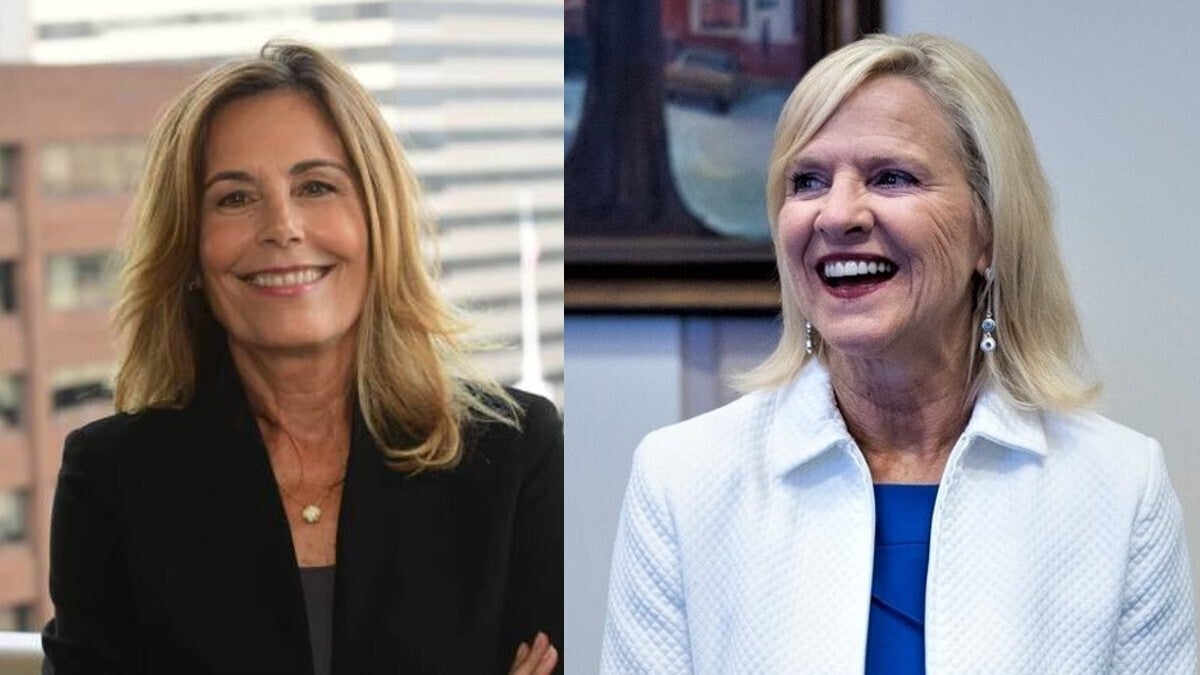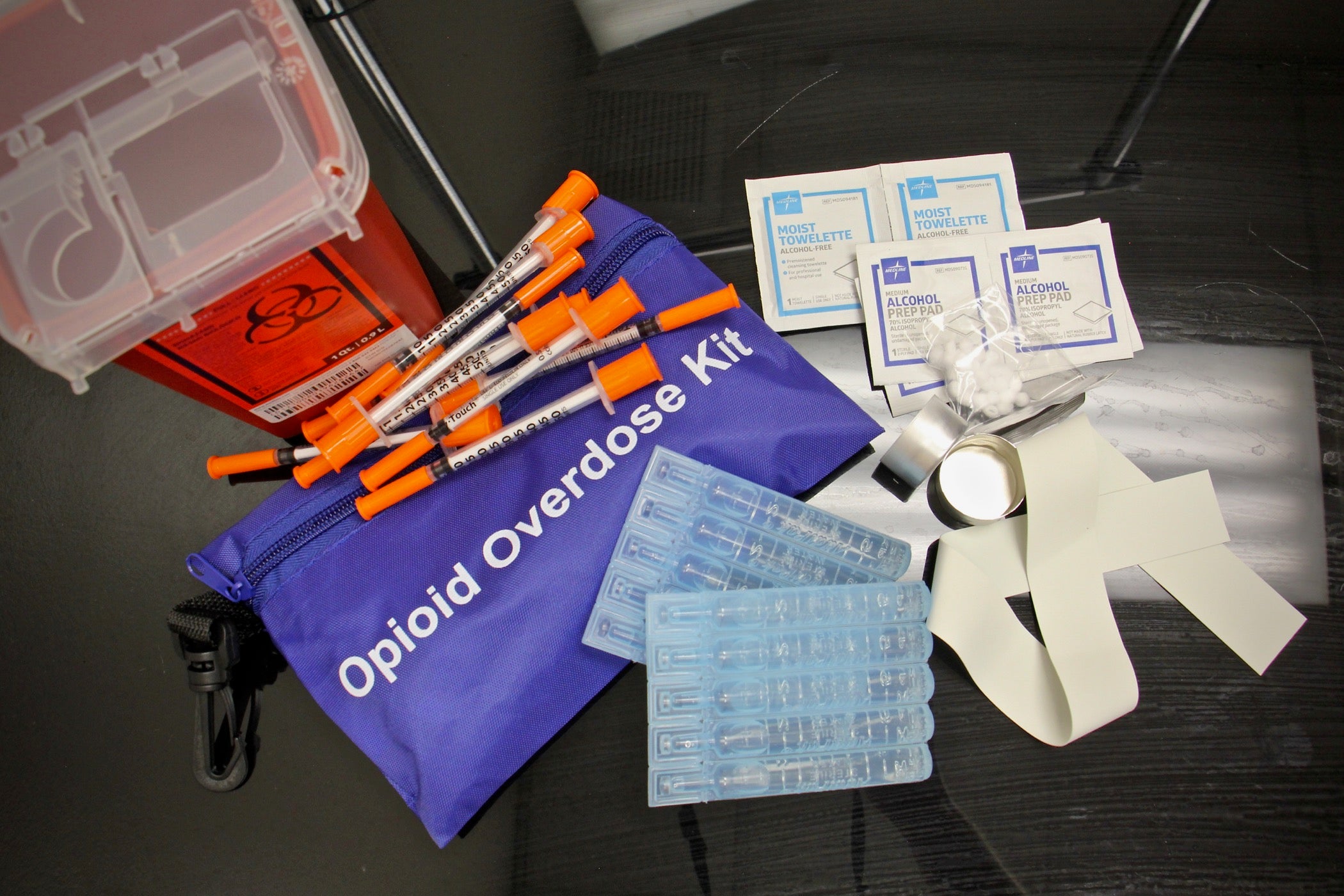Georgia
Georgia to distribute $638M settlement through grant program to combat deadly opioid epidemic • Georgia Recorder

The state has launched a grant program for awarding the hundreds of millions of dollars in opioid settlement funds coming to Georgia.
A total of $638 million will flow into Georgia, with three-fourths of the funds being distributed through the grant process unveiled Monday. Another 25%, or $159 million, will be shared among the city of Atlanta and the state’s largest counties.
Starting next Monday, groups can begin applying for the first round of grant funding. More information can be found on the website for the Georgia Opioid Crisis Abatement Trust. A series of workshops are being held across the state to explain the grant criteria and process, with the first one drawing a crowd Monday in downtown Atlanta.
Georgia has lagged other states in establishing the protocols to apply for the funds.
“We have one opportunity to get this right,” said Kevin Tanner, commissioner of the state Department of Behavioral Health and Developmental Disabilities. “So, we want to be slow and methodical to make sure 18 years from now when the last dollar is received and spent by the state of Georgia, that we have truly turned the tide on developing a continuum of care that stops the opioid epidemic.”
The funding is part of a multistate $26 billion settlement agreement with the three largest pharmaceutical distributors, McKesson, Cardinal Health and AmerisourceBergen, and manufacturer Janssen Pharmaceuticals and its parent company Johnson & Johnson.
In Georgia, the number of opioid-related overdose deaths increased by 207% from 2010 to 2020. The federal government officially declared the opioid crisis a national public health emergency in 2017.
Since then, the illegal drug market has continued to evolve, with fentanyl now creeping into drugs like marijuana. Mixing the tranquilizer drug xylazine with fentanyl has also been labeled an emerging threat nationally.
“People who are in the manufacturing and drug business are very smart, very crafty about how they use the supply side and the demand side to market to people and change those formulas up to continue to get people addicted,” said Cassandra Price, director of DBHDD’s Office of Addictive Diseases.
Of the money coming to Georgia, $479 million will be distributed through Georgia Opioid Crisis Abatement Trust using the grant process announced Monday. Groups can either apply for a regional grant or a state level grant if they can show the proposed project has broader impact.
The potential uses for the money are varied but all related to curbing the opioid crisis. For example, the funding could go toward medication-assisted treatment distribution, prevention programs, expanding the use of opioid-reversing drugs, recovery supports or harm-reduction programs.
An inventory of existing services was created to identify where the gaps are and will influence the grant-awarding process, Tanner said.
Each application will go through a multi-layered review process that will land before what’s called the Georgia Opioid Settlement Advisory Commission. Gov. Brian Kemp appointed four members and a non-voting chairperson, Evan Meyers, who is deputy executive council for the governor’s office. Four other members are chosen by local governments.
Catoosa County Sheriff Gary Sisk was one of the governor’s picks, which Sisk says likely has something to do with how outspoken he has been about the impact of drugs on his northwest Georgia community.
Just Monday, Sisk said he heard a call go out about a likely overdose just before his radio signal cut out on his way to Atlanta. And he estimated that about two-thirds of his 248-bed jail population has some connection to drugs, likely opioids, even if indirectly.
“What’s so frustrating about this issue and this addiction is we can want all the help for these people, and we can build any buildings and build any programs. But if their heart’s not in the right spot, and their mind is not ready to get pale, then it’s not likely to do any good,” Sisk said.
“So, it is a tough situation, and we’ve got our work cut out for us,” he said. “Because we had said we want to spend this money wisely and spend it to where it is actually going to make an impact, but I don’t think there’s a single answer.”
Tanner was appointed by the governor to serve as the trustee, meaning he has the final say on which projects are funded.
The commissioner pledged to keep the distribution process transparent partly by posting key documents on the trust’s website.
“Our goal is to try to cut down on the number of open records requests, because we’re going to be so transparent. Anything you want to know will be available on the website,” the commissioner said at Monday’s workshop.
One member of the crowd Monday pressed the program’s leaders on what the vision is for the funding, arguing that an individual must first want to overcome their addiction to get better.
“Addiction is a baffling, cunning disease. We all know that,” Price said in response. “But what we also know is that people get well, people get in recovery every single day.
“But when people don’t have access to those services, then they definitely aren’t going to choose to get it, and we have stigma. So, I think us putting out this strong effort in building up access using our clinical tools to engage those individuals, make them feel welcome, reduce stigma. That’s how we do it, guys. That’s how we get people to recover,” she said.
Many of the people at Monday’s workshop were people in recovery who now work as peers in the behavioral health field. Jeff Breedlove, advocacy strategist at the Georgia Council for Recovery, was one of them.
Breedlove praised the state for including the recovery community in the process of developing the grant program before any money was spent. Each regional council set up to handle the local grants also includes a person in recovery, he said.
“By having the peer voice represented in this process, it legitimizes this process. The survivor voice is the voice that will bring reality to the discussions,” Breedlove said.
“We need all stakeholders. We need our clinicians, we need our law enforcement, we need our academics, we need our elected officials, but they need the voice of lived experience to tell them what is real and not real in the real world,” he said.

Georgia
Georgia NAACP calling on state to help during ‘unprecedented’ demand for food

ATLANTA, Ga. (Atlanta News First) – As a U.S. District court awaits response from the executive branch on how they plan to at least partially fund SNAP, the Atlanta Community Food Bank told Atlanta News First they are dealing with “unprecedented” demand.
CEO Kyle Waide said they are currently serving around 250,000 families a month and expect that number to increase.
“Demand was already high before the shutdown,” Waide said. “We have not seen this kind of confluence of really dramatic demand that is part of the economic picture, plus a disruption created by the shutdown, plus a lot of pressure on our resources, all happening at the same time.”
Waide said the shutdown is putting pressure on their inventory. Their partner food pantries are busier than ever.
“I think it’s admirable that they’re stepping up,” Georgia NAACP President Gerald Griggs said. “I’m glad that non-profit organizations are stepping up, but this is why we pay our taxes.”
Griggs believes the onus is on Gov. Brian Kemp and the General Assembly.
“This is one of those situations where state and local have to act because the federal government has abdicated its responsibility to Georgians,” he said.
Griggs wants Georgia to dip into its $14 billion surplus to temporarily fund SNAP.
The governor said he won’t do that because the state wouldn’t be reimbursed for that money.
Kemp, who blames Democrats, said the one and only viable solution is to reopen the government.
“We’re hopeful that they’ll find a way to get the government open soon. In the meantime, we’re going to do everything we can to put our arms around the neighbors who need us,” Waide told Atlanta News First.
Waide said the best way you can help the food bank is by replenishing their reserve funding with a financial contribution.
Copyright 2025 WANF. All rights reserved.
Georgia
Everything From Brent Key After Georgia Tech’s 48-36 Loss to NC State
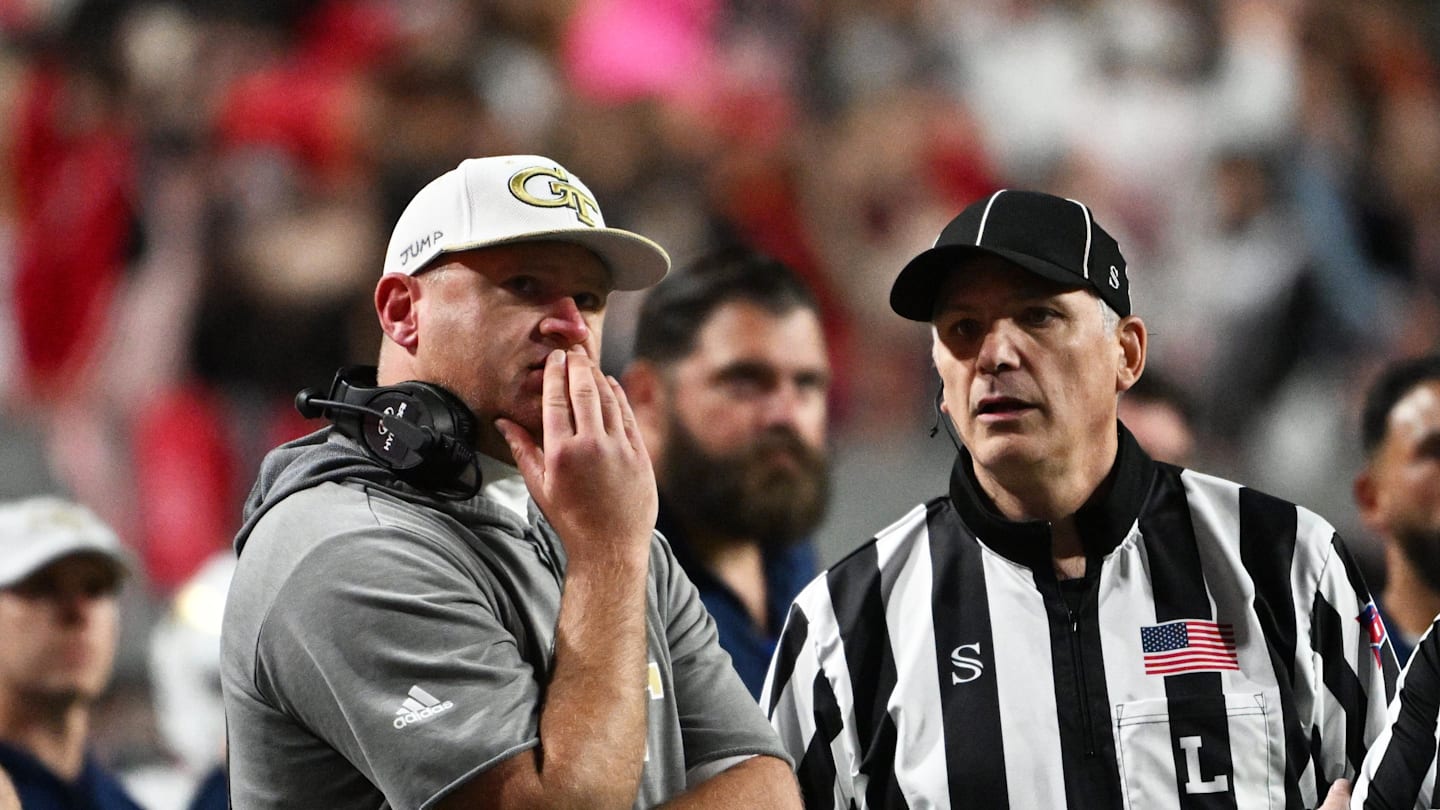
Georgia Tech is undefeated no more.
The Yellow Jackets took their first loss of the season tonight when they dropped a 48-36 shootout to NC State. Georgia Tech could not find a way to get a stop, giving up nearly 600 yards of offense in the loss.
After the game, Yellow Jackets head coach Brent Key spoke with the media and here is everything that he had to say:
“Congrats to a well -played game by Dave and his team. They lined up and physically kicked our ass in a lot of ways. It is what it is. That’s on me, right? I’ll take responsibility for it, right? We’re going into a bye-week this week, and we’ve got work to do. We have three games remaining, and everything that we have wanted to do is still in front of us. It’s our choice and our decision, right, how we respond to this outcome.”
“Yeah, I mean, I could say a lot of things right now. But at the end of the day, like I said, we’ve got a lot of work to do. We’ve got to get corrected. Yeah, I mean, we’ve got to be able to take something away. You know, and, you know, I mean, they had, what, 200, you know, when Duke Scott had a great game, 243, yeah. So we weren’t taking the run away, you know, The noticeable thing, you know, there were a lot of hidden yardage in there that two yards, five yards, four yards that were, you know, missed tackles, you know, getting knocked back. But then, like I said, we’ve got to improve, and we will. I won’t make the excuses.”
“No, look, you know, it’s, first off, I don’t know if we put enough gas in the gas tank. I mean, that was, if you want to talk about that, but no, it’s, uh, there’s no excuses, Chad. There’s not. We have guys, you know, whether if the guys down, someone else has to step up and then they have to make plays. And, uh, well, you got to finish blocks. You got to, uh, you got to get off blocks. You got to run. You got to catch. All in all, uh, you don’t, uh, you don’t, you don’t have to so all in all, you don’t win with one phase of the game. You don’t lose with one phase of the game. When you win and you play complimentary football, same thing here. I mean, all three phases, we’ve got to improve. We’ve got to correct mistakes, and then we’ve got to.”
“Yeah, I mean, they scored. So obviously it was the execution, but it was really flipped. I mean, we weren’t consistent enough in the red zone. We had, you get the ball down to the one -yard line. You got to go to put it in offensively. You know, and those mistakes were self -defeating mistakes. So then on the defensive We, you know, they, they push us around, right? And that’s why I said, we got our butts kicked and that’s what you look at. And they’re able to run it in like that, down in their type, you know, or a, you know, second and seven to third and four to first down, you know, those types of plays, you know, we’ve got to do a lot better job. I’ve got to do a lot better job. All right?”
“Yeah, I mean, obviously, when you come off the field after a loss, I mean, no one’s happy. And he’s dejected as anybody. But I looked at the, you know, statistically what he did. I mean, statistically had a good game. But Haynes King doesn’t care about that. Haynes King, he’s a winner, he wants to win.”
“You know, we’re sitting in there wanting to take the clock down, right? And, you know, we’re getting that long situation. And then we get a sack right there, right? Yeah, it was a sack. Had a sack, got a little of it back, got in the field goal range for a long field goal. Missed field goal left a minute and the clock. Yeah, I mean, you know, middle eight was factors.”
“Yeah, he got banged up. I don’t know the status I’ll know after the game. Or when we get back in there.”
“Yeah, we’re always looking at what we’re not doing well, what can be better, and looking to be a better version of ourselves the next week. And we didn’t do that this week. We’ve got a bye week to do that to improve. And every area of the program, you know, that’s looked at every Sunday. That’s no different than what we would normally do and that I would normally do”
“yeah it was 8:25 left, yeah it’s 8:25 left that’s you know was, Yeah, you’re in a two score game. You got a, if you go for it, what do we end up on the minus? Yeah, we got like five yards. We got a minus one on the first play, and then I think we got six yard gain, five or six yard gain on it. On the third down play, you know, if you go for it and don’t get it, now you’re really, it’s out of control. Punt it back. You got all three timeouts. You don’t start using the timeouts until you know you’re five minutes and you know if we get a stop there, a chance to get the ball back. But you got it. I would not, I don’t second guess that one bit. Not one bit. You know, and look, there’s a lot of it. When you make those decisions too, or how you’re moving the football, you know, and going in waves with how you’re moving it. And right then we had a couple pressures on the two, on the second, the third down play.”
Georgia
Georgia athletic director Josh Brooks addresses his name connected to LSU AD opening
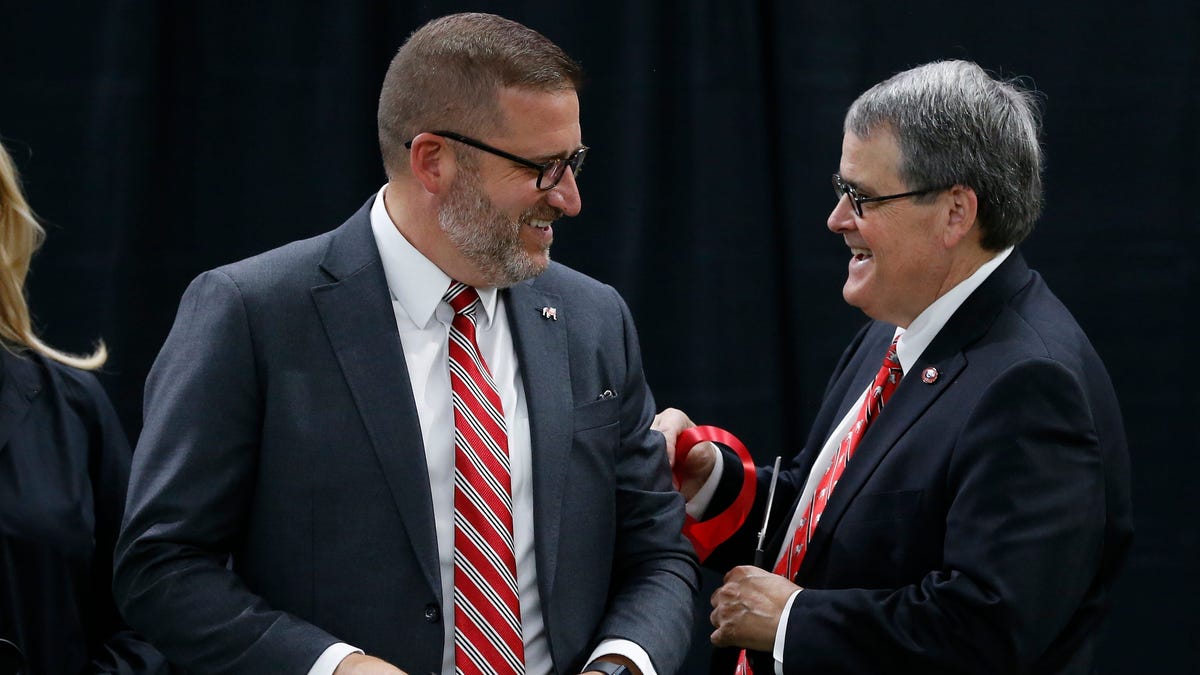
It didn’t take long after LSU followed up the firing of football coach Brian Kelly with athletic director Scott Woodward exiting for Georgia’s Josh Brooks to be connected to the AD opening.
Brooks name was bandied about to replace Woodward.
It made sense considering that Brooks is a native of Hammond, La., graduated from LSU in 2002 and worked at LSU and Louisiana-Monroe.
Brooks, hired as Georgia athletic director in January of 2021, took to social media on Friday evening Oct. 31 to put to bed any chatter he may be going back to LSU.
Brooks said he wanted to address the “speculation” directly.
“I have not been contacted by anyone at LSU, and more importantly, I have no interest in any other job,” he wrote on X, formerly Twitter. “My focus remains on the University of Georgia, our student-athletes, coaches, staff and fans.”
LSU’s AD job and its football opening both may have become less desirable after Louisiana Governor Jeff Landry said this week before the school and Woodward parted ways that Woodward would not be making the hire to replace Kelly.
LSU also does not currently have a school president, but a hire is expected next week.
Brooks in his post mentioned not only that he’s “fortunate” to work with school president Jere Morehead, but also Georgia governor Brian Kemp and the Board of Regents.
“This is home to me, and I’m honored to play a part in the incredible progress we’ve made,” he said. “The best days for Georgia Athletics are still ahead, and I look forward to continuing to build on the championships standard we’ve established here in Athens.”
-
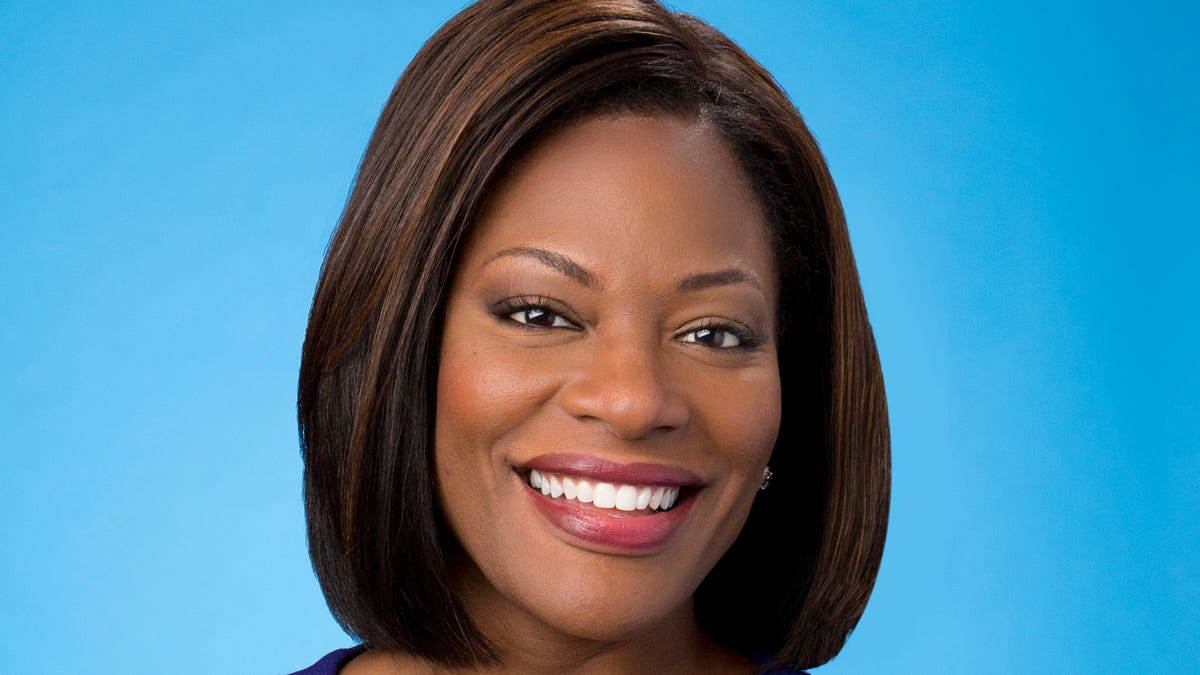
 Milwaukee, WI6 days ago
Milwaukee, WI6 days agoLongtime anchor Shannon Sims is leaving Milwaukee’s WTMJ-TV (Channel 4)
-

 News6 days ago
News6 days agoWith food stamps set to dry up Nov. 1, SNAP recipients say they fear what’s next
-
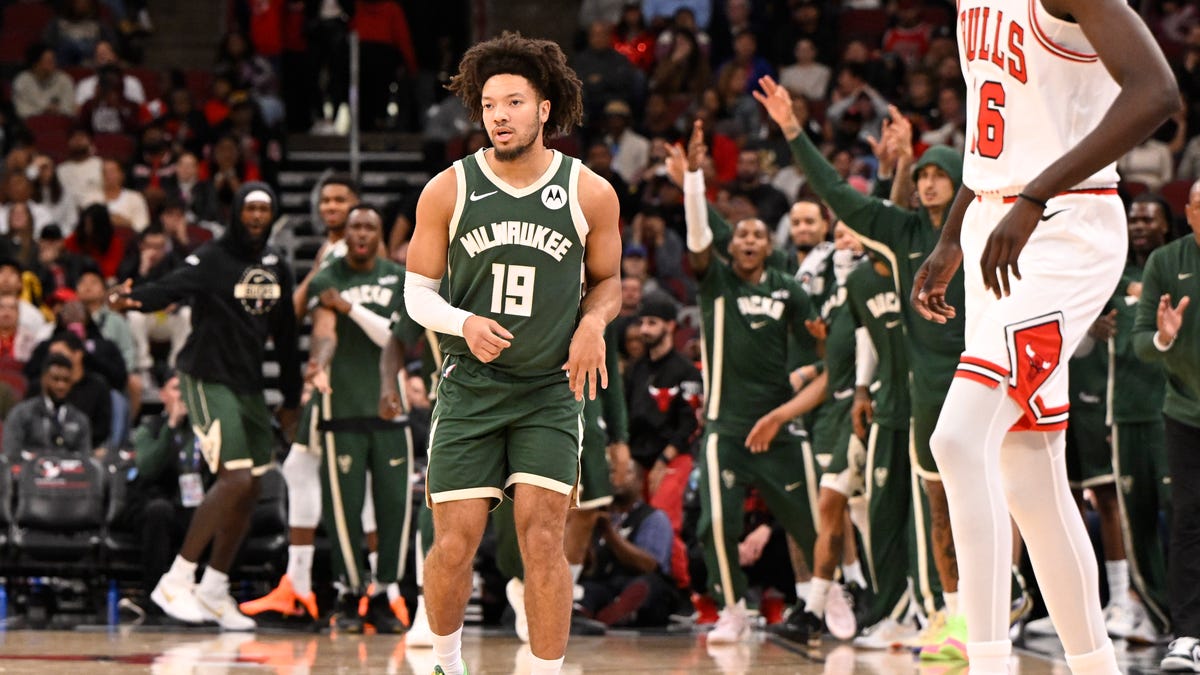
 Alabama1 week ago
Alabama1 week agoHow did former Alabama basketball star Mark Sears do in NBA debut with Milwaukee Bucks?
-
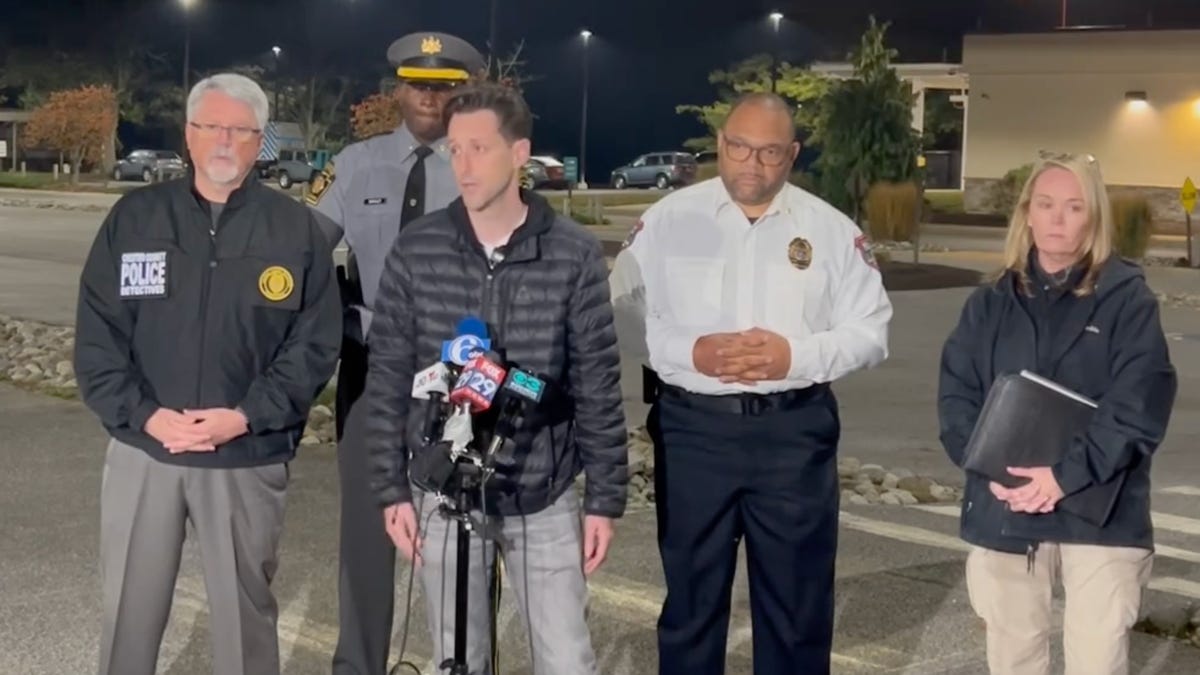
 News1 week ago
News1 week ago1 dead, 6 injured in shooting at Lincoln University homecoming festivities
-

 Austin, TX1 week ago
Austin, TX1 week agoDia De Los Muertos Austin: Parades, Altars & Events
-

 Politics1 week ago
Politics1 week agoTrump to jet off to Asia as North Korea fires ballistic missiles and China trade questions loom
-

 Seattle, WA6 days ago
Seattle, WA6 days agoFOX 13’s Aaron Levine wins back-to-back Jeopardy! episodes
-

 Culture4 days ago
Culture4 days agoVideo: Dissecting Three Stephen King Adaptations

